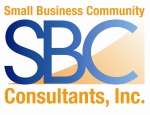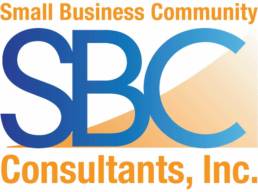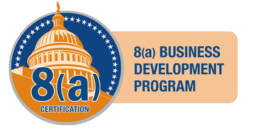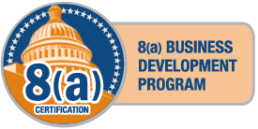
(818) 551-9400
In the article published on March 26, 2014, I wrote about the Social Disadvantage Requirements by the SBA to become an 8(a) participant. But what if you are not a member of one of the presumed socially Disadvantaged groups? Can you still apply? The simple answer is YES, but there are a few extra steps which need to be explained to the SBA.
The SBA presumes that African Americans, Asians, Hispanics and Native Americans are socially disadvantaged. However, other individuals may similarly be found socially disadvantaged and eligible for the program on a case-by-case basis.
An individual who is not a member of one of the presumed groups can be admitted into the 8(a) Business Development program. To do so, the business must prove to SBA that the individual(s) meeting SBA’s ownership and control requirements is socially disadvantaged. This process includes showing personal experiences where applicable in education, employment, and business history.
The individual must provide evidence to SBA proving one’s individual social disadvantage.
Evidence of individual social disadvantage must include:
- At least one distinguishing feature such as race, ethnic origin, gender, physical handicap, long-term residence in an environment isolated from the mainstream of American society, or other similar causes not common to individuals who are not socially disadvantaged.
- Personal experiences of social disadvantage in American society, not in other countries.
- Negative impact on the individual’s entrance into the business world or advancement in the business world because of the stated disadvantage(s).
* A detailed description of each of the bullet points must be given along with proof of examples and documents such as letters from reputable sources. To prove social disadvantage, the individual(s) owners must ultimately show that such personal experiences had a negative impact on entry into or advancement in the business world.

SBC Consultants, Inc.
www.sbcconsultantsinc.com/
paul@sbclending.com/
818-551-9400



